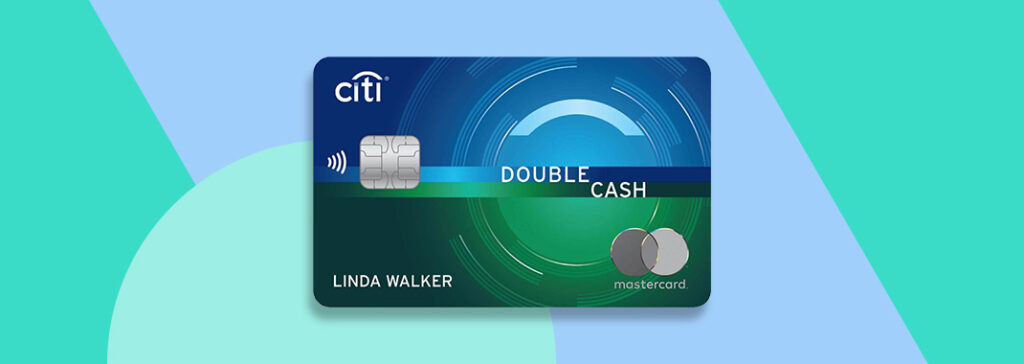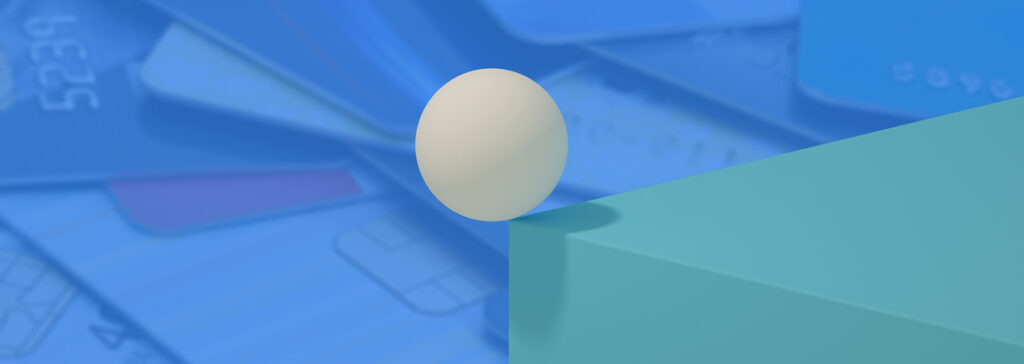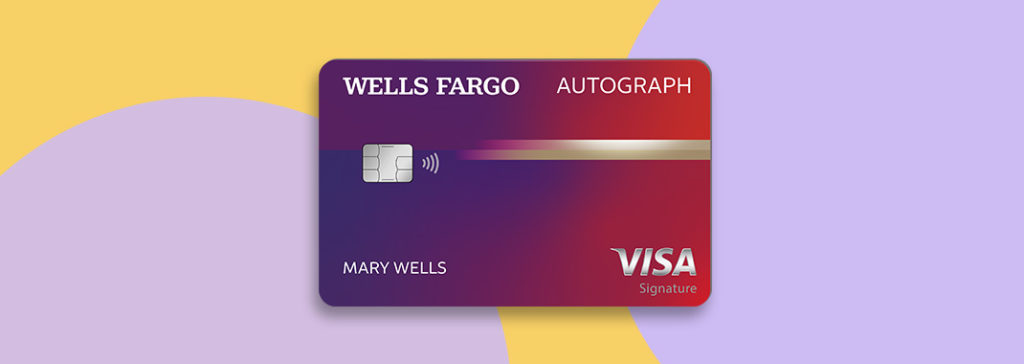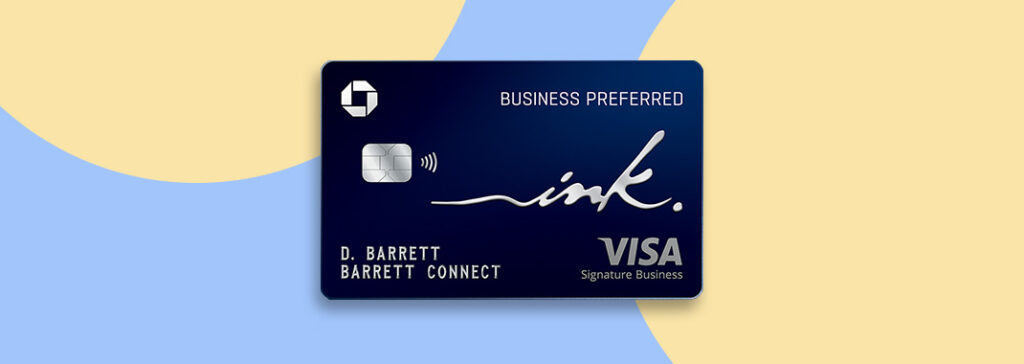Most products on this page are from partners who may compensate us. This may influence which products we write about and where and how they appear on the page. However, opinions expressed here are the author's alone, not those of any bank, credit card issuer, airline or hotel chain. This page may include information about American Express products currently unavailable on Slickdeals. American Express is not a partner of Slickdeals.
Even some of the most conscientious consumers can end up defaulting on a loan. It could be a matter of timing or misfortune, such as a sudden job loss or delayed payment due to a busy schedule. If you've defaulted on a loan, you should understand how missing a personal loan payment can affect your credit. We break down what can happen when you default on a personal loan and ways to improve the situation to minimize any negative impacts.
When Is a Personal Loan Considered in Default?
According to most payment loan agreements, defaulting means you have missed at least one payment—even if you haven’t been assessed a late fee. However, some lenders wait several months to mark you as 'in default' while taking steps to collect payment from you. Some lenders may still hope to receive the money from you, so they may wait a few months before declaring you in default.
Here is a general timeline of what happens when you miss your first payment. This may vary by the lender:
- 0 to 30 days: You will usually be assessed a late fee penalty, and your missed payment will be reported to credit bureaus.
- 30 to 60 days: Most lenders will consider your account delinquent if you fail to pay by this time period, and they will continue reporting your missed payment to credit bureaus.
- 60 to 90 days: You'll be contacted again for payment, and additional negative marks will be sent to credit reporting agencies.
- 90 to 120 days: Lenders may switch you from a delinquent status to default. Some lenders may even declare your account in default before the 90 to 120-day period. Interest and penalties continue to accrue in your balance, which you must owe.
- 120+ days: At this point if you fail to make payments, the lender may sell your debt to a collection agency, which will now be responsible for collecting the debt from you.
6 Potential Consequences When You Default on a Loan
By not paying your loan on time, you expose yourself to multiple loan default consequences, including the following.
1. Your Credit Score Will Go Down
Any late payments you make to a company that reports to the credit bureaus, regardless of whether or not you're in default, can hurt your credit score. The amount a default impacts your credit score depends on how high your score was before you defaulted, as those with higher credit scores may see bigger drops. Still, a default can impact your score for several years and make it difficult to get loans, credit card approvals, and even a rental apartment in the future.
 Related Article
Related Article
How Your Credit Score Could Rise or Fall from a Personal Loan
2. You Can Lose Your Collateral
If you have a secured loan, your lender may take the collateral you put up when you agreed to the loan. For example, if you used a certificate of deposit or a car as collateral, your lender then has the right to repossess it. They may liquidate it or wait for its value to appreciate and then sell it. However, this does not apply to unsecured personal loans, which doesn't require you to put up collateral.
3. You Can Hurt Your Co-Signer or Co-Borrower’s Credit
Whenever you have a co-signer or co-applicant on a personal loan, you put their credit at risk if you default. This is because they agree to put their credit on the line so that you can qualify to take out a loan. When you miss a payment, your lender reports it to the credit bureaus, which will show up as a negative mark on both your own report and your co-signer's credit report. In addition, creditors may start calling your co-signer, sending them emails, or writing them letters asking for payment.
Aside from credit damage, you also risk hurting your relationship with the co-signer or co-borrower. If you think you are going to default on a loan, it's best to give your co-signer a heads-up. At least this way, they can prepare themselves, and perhaps the two of you can strategize a way out of the situation.
4. You May Get Calls from Debt Collectors
When a loan goes into default, the lender typically doesn't assume the responsibility of collecting the debt themselves. Instead, they hire a debt collection agency, which is a third-party entity, to collect the debt. Once in the hands of debt collectors, you may get countless calls, emails or other attempts to contact you about your unpaid debts. Debt collectors typically receive a fee or commission from the lender when they can recover the debt, which is why they are often relentless when pursuing money you owe.
5. Your Wages Can Be Garnished
One way debt collectors can recover owed debt is by filing a lawsuit and requesting payment through garnishment, which involves taking money directly from your wages. To do this, a lender requests a court order to access your bank account and take the money directly out your paycheck. Even if you closed your bank account and opened a new one, creditors may pursue funds in those accounts as well.
 Related Article
Related Article
8 Tricks to Pay Off Credit Card Debt Faster
6. A Lien Can Be Put on Your Home
Another weapon in a debt collector's arsenal is the ability to put a lien on your home. There are a few different consequences of a lien being placed on your home:
- You may not be able to sell the home until you get the lien removed.
- You may not be able to take out a home equity loan using your home as collateral.
- The lien could prevent you from refinancing your home.
- You may lose your home if you don't pay off the lien.
Steps to Take If You've Defaulted on a Loan
The good news is there are things you can do to improve your situation if your personal loan is in default.
Discuss with Your Lender Early
Sometimes, you can see a default coming long before your lender takes action against you. Anytime you think you might default on a loan—even if your loan payment is only a few days past the due date—it's best to reach out to your lender during the grace period and discuss the situation.
You may be able to negotiate for a monthly payment plan that enables you to pay off your personal loan at your own pace without your lender reporting any delinquency to the credit bureaus. Some lenders may also allow you to defer payments for a set period of time. You never know until you speak to your lender.
It's essential to remember that it's in the lender's best interest to get payments from you. In some situations, cutting you some slack can work in both of your interests.
Talk to Your Friends or Family
There’s a chance that some of your friends or family members may be willing to lend or give you some money to prevent you from going into default. If you decide to borrow money from somebody, no matter the nature of your relationship, it's best to get the loan terms and details down in writing. Doing so can help avoid miscommunications in the future. Some employers have established programs to help their employees if they encounter financial difficulty. You can contact your human resources department to see if this solution is an option.
Get in Touch with a Debt Counselor
A debt counselor can help you strategize a way to take care of your payments and communicate with your lender or debt collector. Debt counselors also understand debt collectors' limitations. For example, a debt collector can only sue you for the debt you owe for a certain period. A debt counselor will be able to tell you whether or not debt collectors are abusing their position to try to get money from you. Debt counseling is often offered free of charge.
Consolidate Debt
Debt consolidation can be a useful tool when trying to repay a personal loan. It might help you get a lower interest rate, potentially making all your debt more affordable. With debt consolidation loans, you take out a single loan to pay off all of your combined debts, so you only focus on repaying one loan rather than several at a time.
Consolidating debt can be an effective way to lower your monthly payments and pay less in interest overall.

Best Loans for Debt Consolidation & Credit Card Debt
Tips to Avoid Defaulting
To avoid defaulting on your personal loan in the first place, consider these tips:
- Set up payment alerts: Set regular alerts so you are notified on your phone, computer, or other devices for the payment due dates.
- Use autopay: Set up autopay on as many accounts as you can. Sometimes you can do this through the lender, and you may also arrange it with your bank via online banking.
- Don't overborrow: Only borrow the amount that you can afford to repay based on your monthly income and budget.
- Keep communication with the lender: Immediately reach out to the lender when something occurs that could impact your finances. For example, losing your job, having a child, or managing an unexpected expense can all affect your ability to continue with your repayment plan.
If you default on a personal loan, it's definitely not the end of the world. In many cases, a straightforward conversation with your lender can reduce—or eliminate—the impact on your credit score. Anytime you think you may be in danger of defaulting, be proactive about connecting with your lender because it's ultimately in their best interests to help you repay your loan.
FAQs
-
Yes, your loan can be considered in default even if you miss just one payment. However, in most cases, your lender won't hand your account over to a collection agency until you've missed at least a few payments.
-
Yes, some lenders offer hardship programs to people in default. They may allow you to defer your loan, or negotiate a different monthly payment. Talk to your lender about your options.
-
No, defaulting on a loan is not a crime. Lenders do not have the authority to have you arrested for overdue balances.









